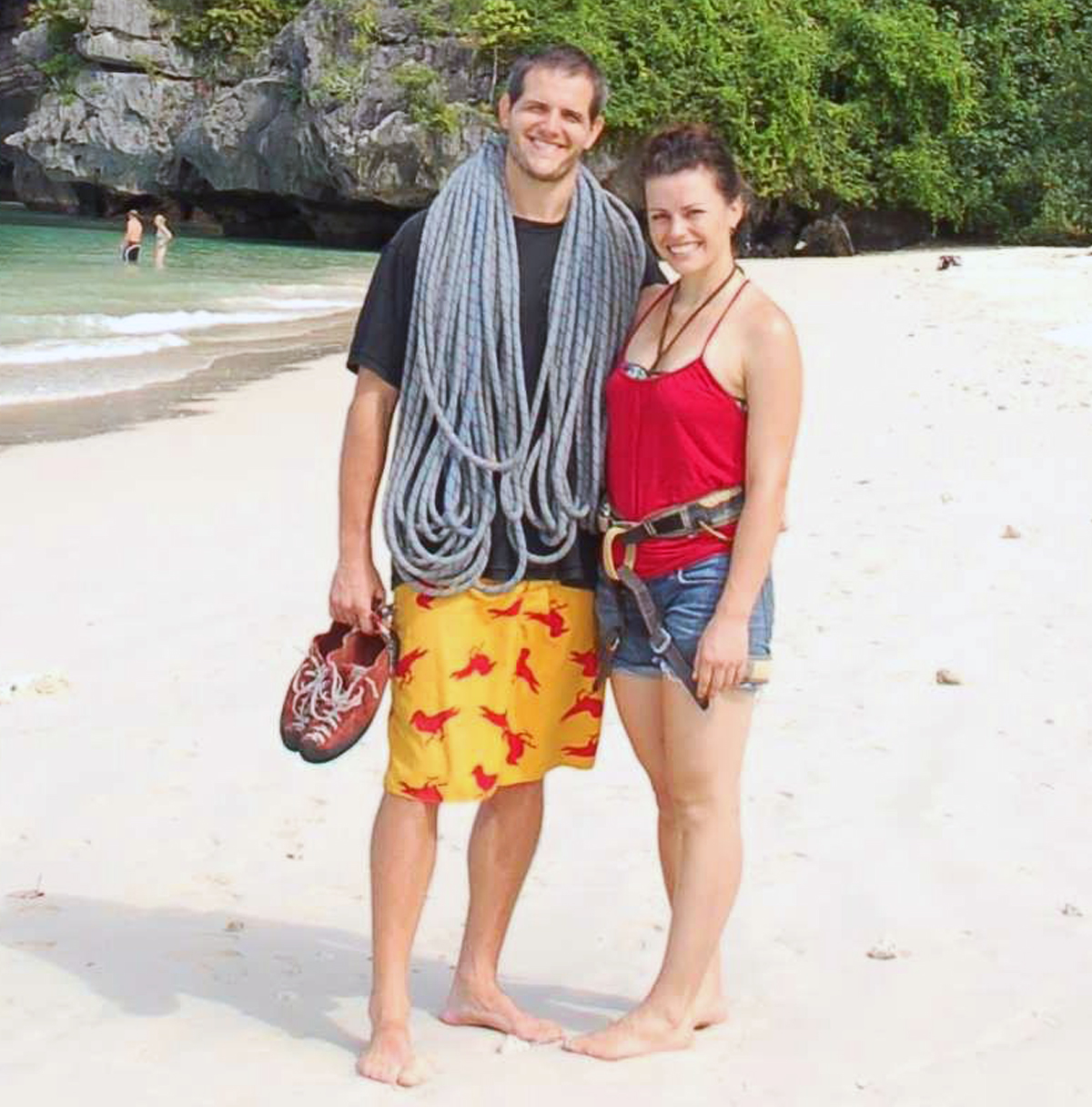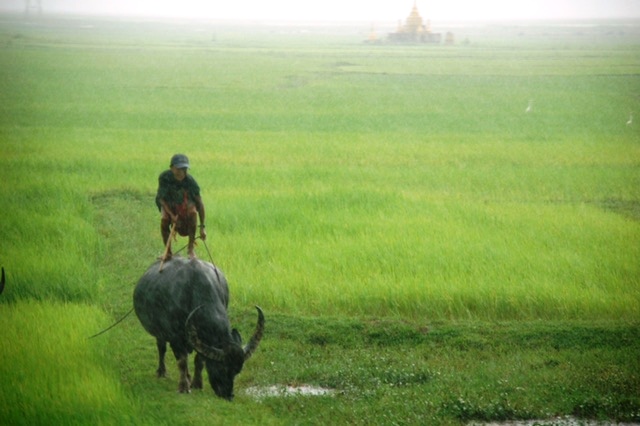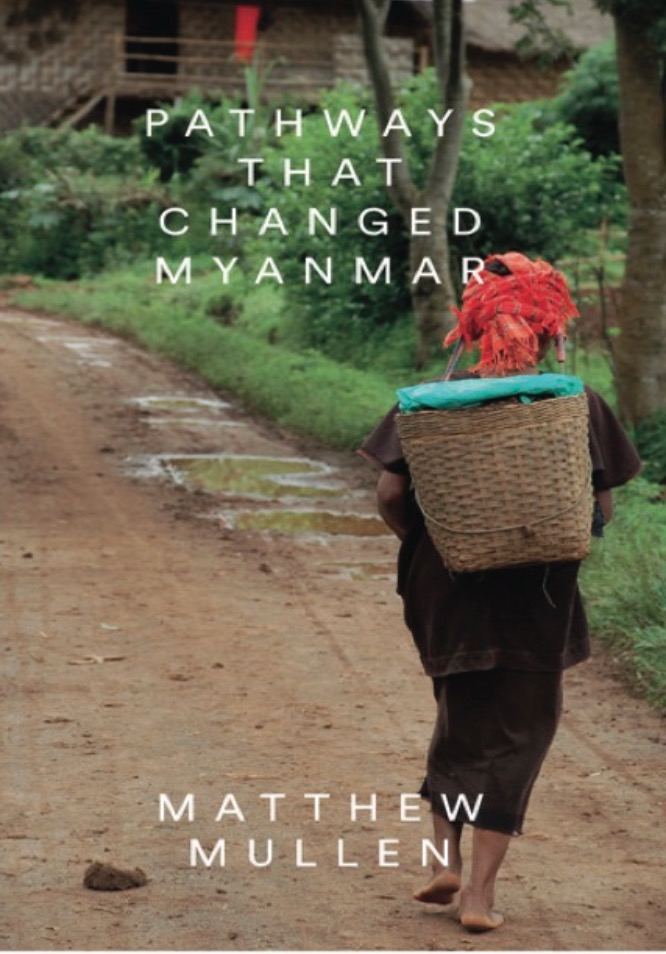Matthew Mullen

During the early years of Myanmar’s transition there were pressing questions about how socioeconomic and political shifts were impacting the lives of ordinary citizens. What did people want out of the transition? What were sources of hope and concern? How was the transition shifting vulnerabilities and priorities? How were people navigating new challenges and opportunities? What type of support was being sought locally?
These questions are incredibly important to ask and investigate, even if they don’t yield clear answers. A better understanding of local experiences in a transitioning environment leads to better responses, interventions and policies. While few would challenge the utility of researching how the transition in Myanmar felt at the grassroots, it is rare to find a Foundation that is comfortable with the flexibility and adaptability such research requires NEXUS Institute, a global leader in tackling human trafficking has, since 2013, been conducting a longitudinal study on the reintegration of trafficking victims in Indonesia, with funding from the Department of State’s Office to Monitor and Combat Trafficking in Persons.
This project has built an evidence base on how reintegration takes place in the country and how we can improve our work. With the support of Mentors we have been fortunate to be involved in this innovative and unique NEXUS research project, the first of its kind in Indonesia and one of only a few conducted in the world. We are also grateful to our mentor, Rebecca Surtees, Senior Researcher at NEXUS Institute, for her guidance, support and mentoring throughout this interesting but highly complex project.
This is what makes Mentors unique. This is also what makes Mentors’ approach so valuable. Beyond mobilzing Ya Tu, who is now working with parliamentarians to facilitate the transition in Myanmar, and the entire research team, all of whom continue their research on transitioning Myanmar, Mentors made it possible to tell an amazing story about the resiliency and creativity that people employed to change Myanmar.

